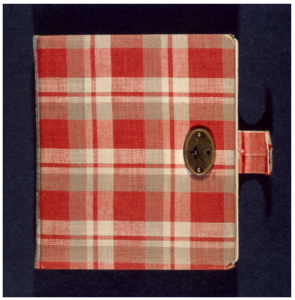
Banned Books Week is an annual event celebrating the freedom to read. The books featured during Banned Books Week have all been targeted for removal or restrictions in libraries and schools. Banned Books Week highlights the value of free and open access to information.
 One of the more surprising books to get frequently challenged throughout history is The Diary of a Young Girl by Anne Frank. Anne Frank was a Jewish girl who lived in the Netherlands during World War II and spent two years in hiding from the Nazis. Her family was eventually caught and she was imprisoned in the Bergen-Belsen concentration camp, which is where and how she died at the age of 16. She kept a diary while she was in hiding and her father published it in 1947. He was the only member of the Frank family to survive the Holocaust and felt that Anne’s story needed to be told. Her diary has been translated into 70 different languages and spread widely across the globe. While some believe her diary is not appropriate for children, the reality is that many children lived through World War II and the Holocaust.
One of the more surprising books to get frequently challenged throughout history is The Diary of a Young Girl by Anne Frank. Anne Frank was a Jewish girl who lived in the Netherlands during World War II and spent two years in hiding from the Nazis. Her family was eventually caught and she was imprisoned in the Bergen-Belsen concentration camp, which is where and how she died at the age of 16. She kept a diary while she was in hiding and her father published it in 1947. He was the only member of the Frank family to survive the Holocaust and felt that Anne’s story needed to be told. Her diary has been translated into 70 different languages and spread widely across the globe. While some believe her diary is not appropriate for children, the reality is that many children lived through World War II and the Holocaust.
Why? Contains offensive passages; because it is a real downer; inappropriate; not appropriate for children; too depressing; discusses puberty and growing up.
What can you do? You can read Anne Frank’s diary! Learn more about her time and experiences by reading testaments from other Holocaust victims too. The Nazis are the most famous censors and book burners of the 20th century. They tried to silence Anne’s story by killing her but her diary lives on even though modern censors keep trying to silence her voice. If we do not learn from history, than we are doomed to repeat it.
Source:
Doyle, Robert P. (2017). Banned Books: Defending Our Freedom to Read. Chicago, American Library Association.
